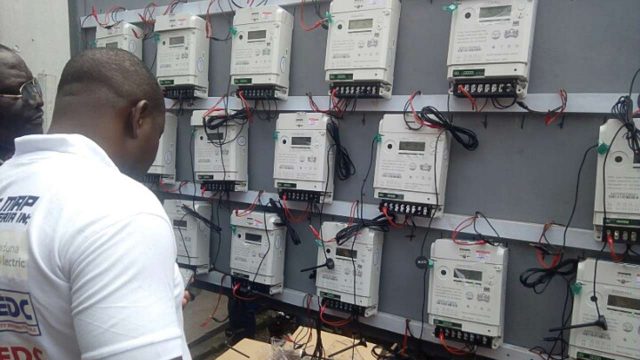According to a news report which was based on a recent data from the Central Bank of Nigeria, power generation and distribution companies owed Nigerian banks N836.09bn as of June 2022. While power generation firms and independent power producers owed banks N562.19bn, power transmission and distribution firms were indebted to the tune of N273.89bn.
Last month, it was reported that the Federal Government alongside Fidelity Bank and AMCON were finalising the process to take over the affairs of five electricity distribution companies (Discos) over debts owed to Fidelity Bank. United Bank for Africa Plc took over the majority stake in the Abuja Electricity Distribution Company (AEDC) in December 2021.
Concern For The Continued Rise Of Bank Loans To The Power Sector
Several banks made loans to the power sector during the power sector privatization in 2013. These loans included significant sums lent to purchase power generation and distribution assets. In 2016, UBA confirmed exposure to Ughelli Power Plant, Ikeja distribution company and Abuja distribution company.
Fidelity Bank confirmed exposure to Ikeja Disco, Benin Disco, Kano disco, Ughelli power plant and Egbin power plant while Zenith Bank confirmed its exposure to Ikeja Disco, Eko Disco, Geregu power plant, Shiroro Hydro and Egbin power plant. If power sector loans become impaired, there will be an increase in cost of risk for these banks. As of FY 2021, power and energy made up 9.0% of UBA’s gross loan book of N2.8trn, 1.9% of Zenith’s gross loan book of N3.5trn and 8.6% of Fidelity’s gross loan book of N1.7trn.
Since the conclusion of the power sector privatization process in 2013, Discos have remained the weakest link in the electricity value chain, as they have been grappling with enormous operational challenges. The most obvious is the perennial issue of the lack of cost-reflective tariffs, a condition that has hindered their ability to fulfill their financial obligations to the Nigeria Bulk Electricity Trading (NBET) company, leading NBET to default on its contractual obligation to the Generating Companies (Gencos).
The overall impact is that the power sector has continually suffered a cash crunch, forcing the government to inject funds to avert a total collapse. Despite a series of government interventions, the problems in the power sector prevail.
Although we acknowledge that the challenges in the nation’s power sector run across the entire value chain, we believe the distribution companies are the most troubled. In 2019, there were reports of plans by the government to repossess 10 electricity distribution firms as one of the options to rescue the nation’s troubled electricity industry. This was expected to cost US$2.4bn. The core investors paid over US$1.3bn for 60% equity in each of the 11 Discos. We believe the advent of covid-19 and the fiscal challenges that came with it stalled the plans.

